
Something Is Wrong With The Chickens by Elliot Davis
Bad smells in a chicken coop can almost always be traced back to the bedding. Chickens themselves don't smell bad, but their manure definitely can. The most likely reason for bad smells is ammonia, which is a poultry manure byproduct. Water can also cause a bad smell in chicken bedding, whether it's from chickens' drinking water, humidity.

How Much Work Are Backyard Chickens REALLY? MonteGatta Farm
Most of the changes known as spoilage occur on the surface of the food, so if you have some chicken breasts that feel slimy, your first step should be to rinse them thoroughly in cold water. As for the smell—spoiled chicken smells, well, bad. As in ammonia, or rotten eggs, or just plain pungent. Even fresh chicken smells like something, but.

Pixilart Chickens by DaisyDumpling
Yes, chickens can smell pretty well actually. There have been some studies on how powerful a chicken's sense of smell is, and it's a lot more powerful than was previously assumed. They don't have a powerful sense of smell like some other animals that rely on their noses to hunt. But it does play a part in deciding what they eat if they.
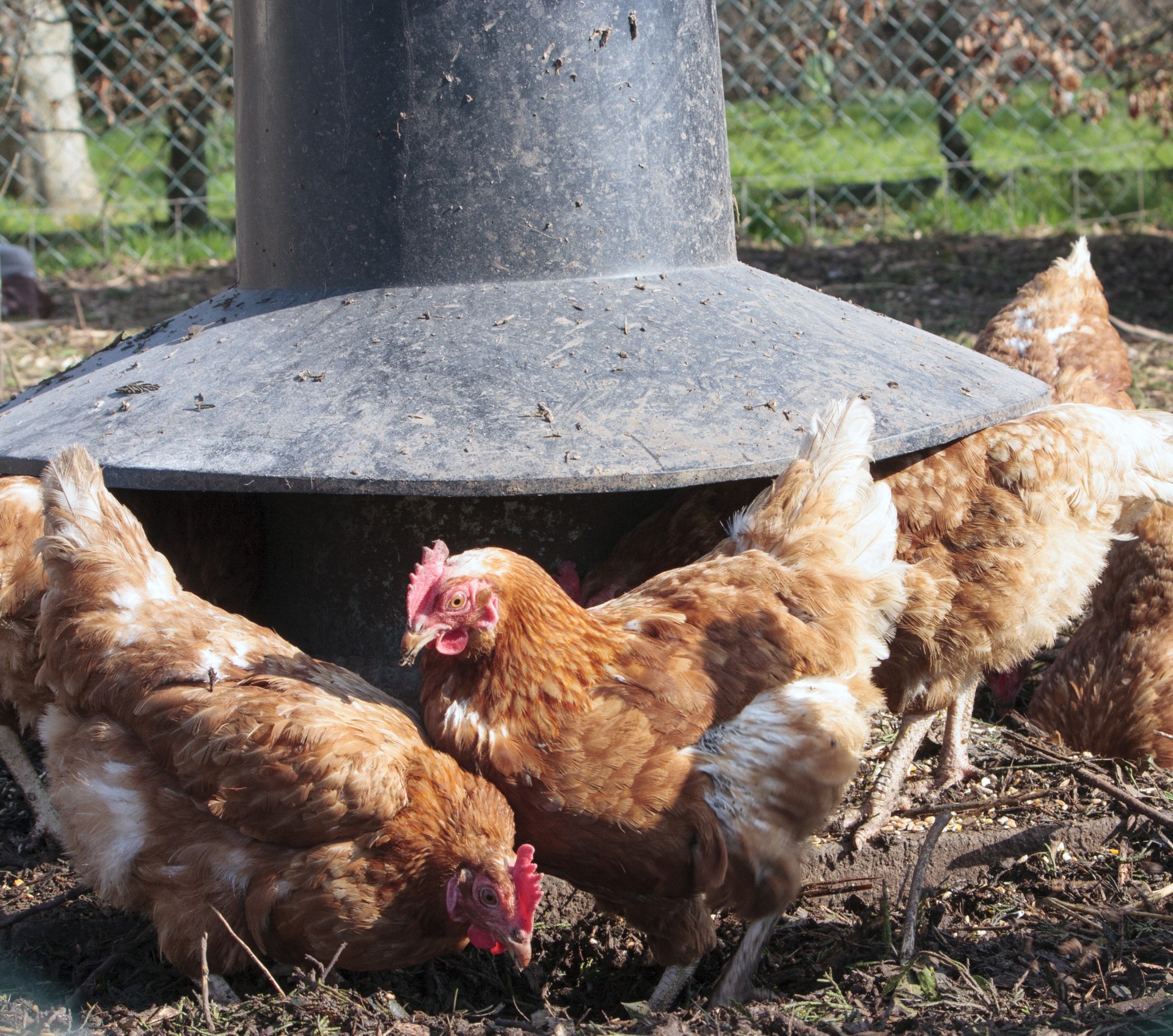
Chickens Free Stock Photo Public Domain Pictures
Farts. Sulphur. Eggs. As you can see, none of these smells are particularly appetising, and will be a good indication that the meat is going bad. The stronger the smell, the more likely that you want to dispose of the meat rather than eating it. Also, if the meat has got to the point of smelling strong of one of these smells listed, there will.

Chickens Matt Davis Flickr
Chicken Coop Smell. Ammonia is easily managed in the chicken coop, but to do so, we need to understand what exactly causes the ammonia in our coop to turn gaseous. Moisture in the coop bedding plays a direct role in how much ammonia you smell in the air. In short, the wetter the litter, the higher the ammonia level in the coop.
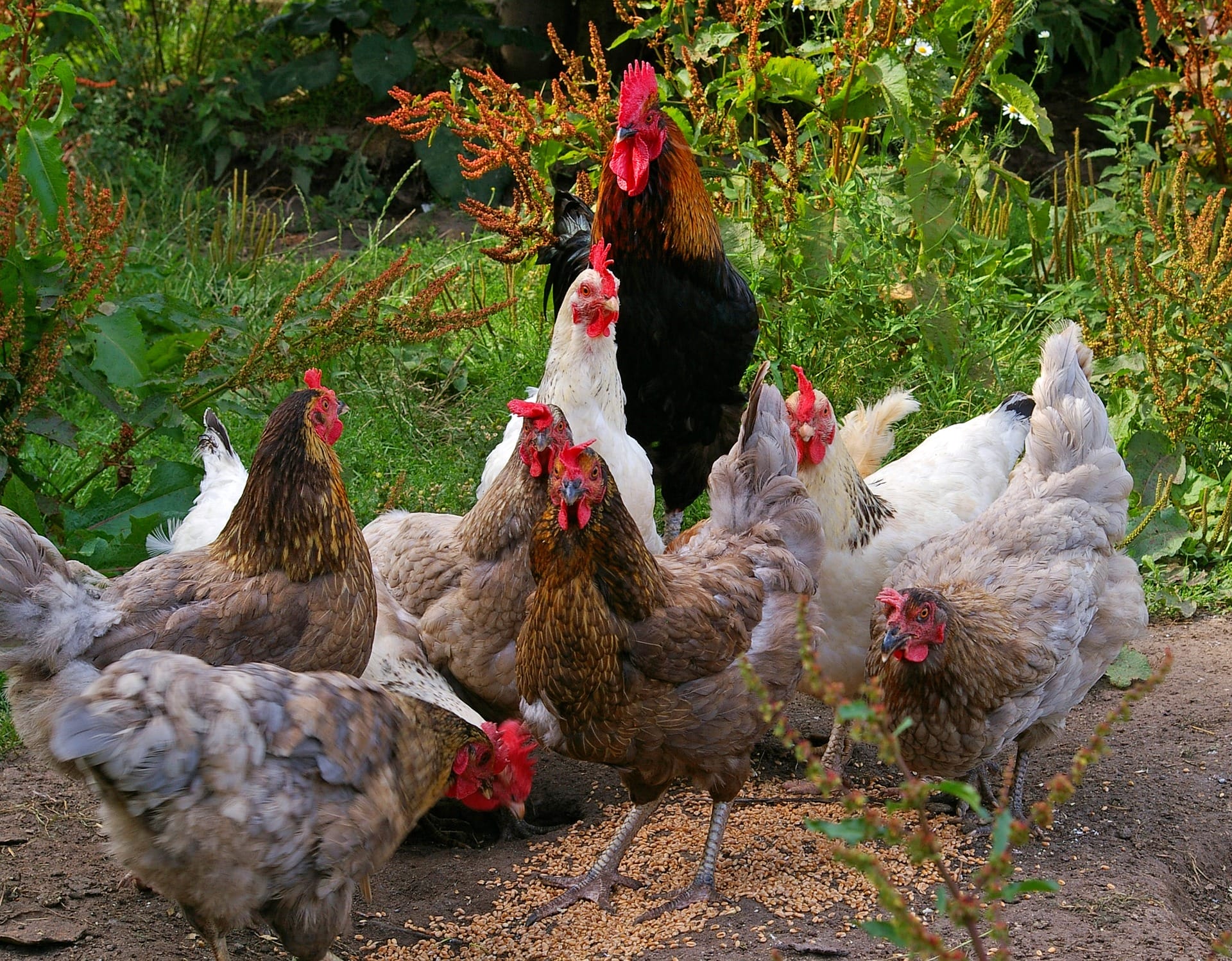
Are Chickens allowed in Chapel Hill?
Keeping chickens should have a neutral smell. Lousy smells are indicative of a systemic problem with ventilation, drainage, hygiene, cleaning, or a combination of several issues. Fixing the systemic issues can be done quickly, and cheaply, and will remove the smell and prevent future complications. Ready to go from being overwhelmed by the.

Clip Art Library
Whilst the average chick will set you back about $3-5 per bird, there are plenty of additional expenses to keeping chickens. The biggest will likely be your coop. If you are handy and can build from scraps, a sturdy coop will set you back for less than around $100. A simple DIY chicken coop.

Can Chickens Eat Poison Ivy? Fact or Myth Explained
Why does keeping chickens sometimes smell . The fact of the matter is a chicken coop will defiantly smell horrible if left for weeks at a time without a clean, however chickens don't actually smell bad at all. They're are fairly hygienic birds, we know this because they take mud baths frequently and don't mind spending time in the rain.

Day 29/15 Hot Chickens = Smelly Chickens YouTube
October 30, 2021 by PoultryLane. Scientists have disapproved of claims that chickens cannot smell. However, researchers have discovered that their sensitivity to smell is not as good as those of wild animals that survive by hunting other animals. Chickens have a sense of smell that is enough for them to smell predators, fear, flavors, and.
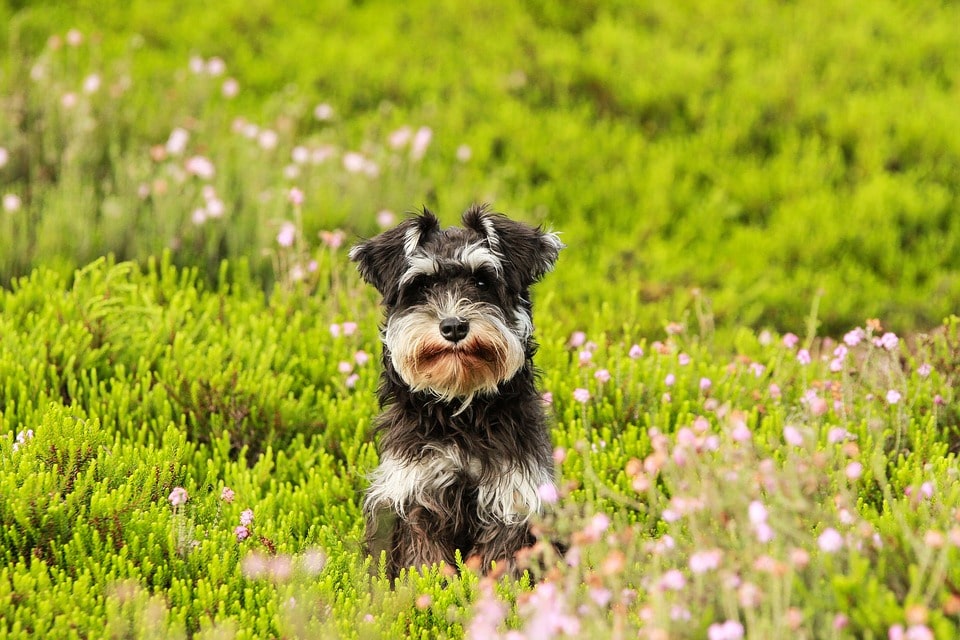
Dogs That Dont Smell & The Smelliest Dog Breeds
No, chickens do not smell bad. The foul smell you notice in chicken coops comes from the chicken feces and ammonia build up. Since the chicken feces are often confined to the coop the strength of the odour increases over time. Cleaning your coop regularly, or using the deep litter method, controls the odor and leaves your coop odorless.
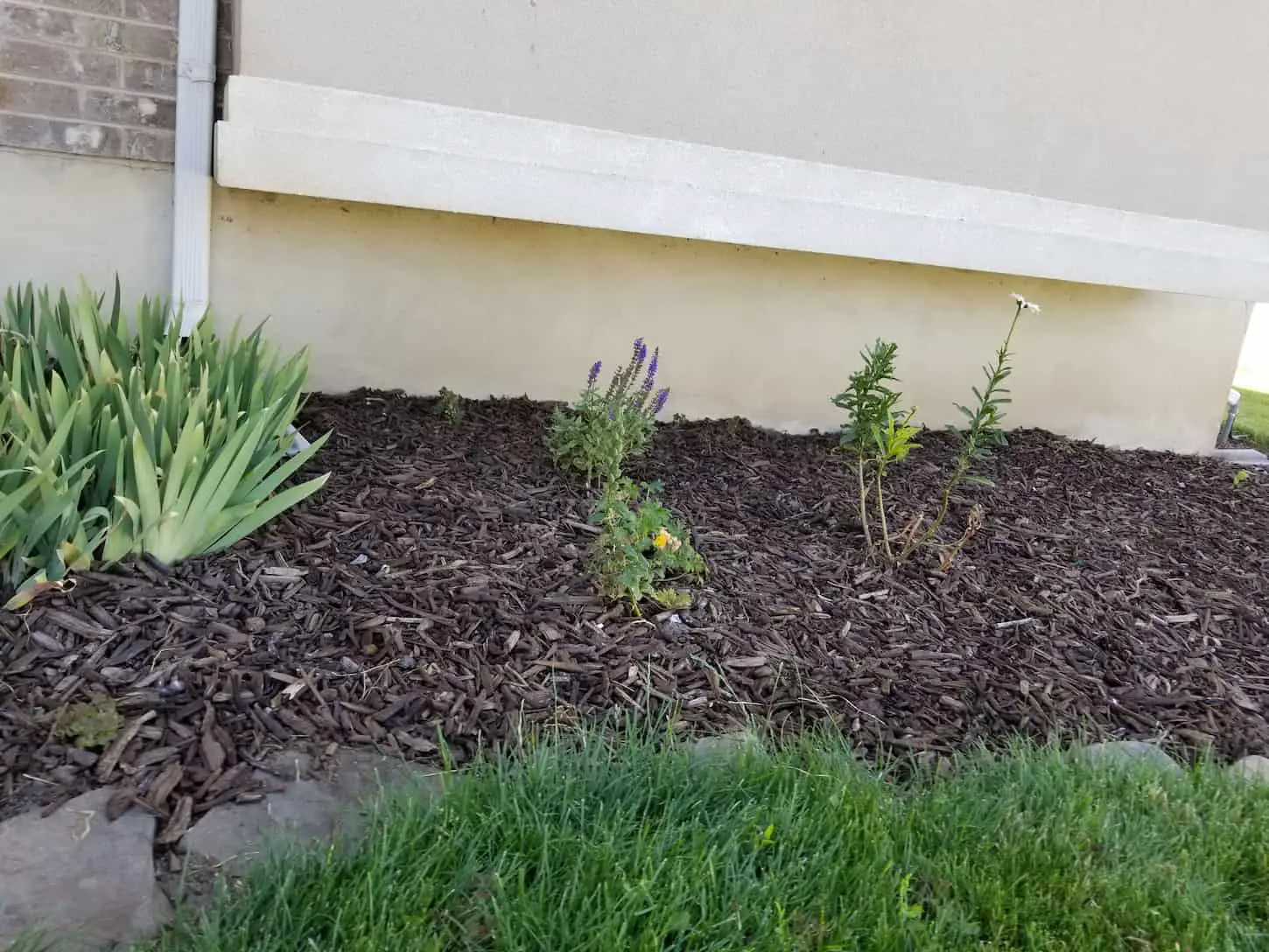
Is It Smelly To Keep Chickens? (What You Need To Know)
The bacteria that gives chicken a bad smell is different from the type that causes food poisoning. The latter type attacks the cells in the digestive tract, causing nausea, diarrhea, and vomiting. Salmonella, as we mentioned before, is one such type of bacteria. It's perhaps the most well-known cause of food poisoning, especially when it.

Chickens Feeding Free Stock Photo Public Domain Pictures
Chickens have a relatively poor sense of smell, compared to other animals. However, they can still detect certain odors, and this can influence their behavior. For example, Chickens can smell fear, and this can make them more likely to attack. Chickens can also smell food, and this can help them find their way to a meal.
HcXEuYI8OaUd40dSA8ufr3KdRapBTIIBfg92kDVdqkTDDt
Chickens may not be able to smell fear itself, but they can smell things that cause them to feel fear. Once they catch the scent of a predator, they will learn to avoid spots that have traces of the same smell. In a 2012 study, chickens were able to differentiate between the fecal matter of predators and herbivores.
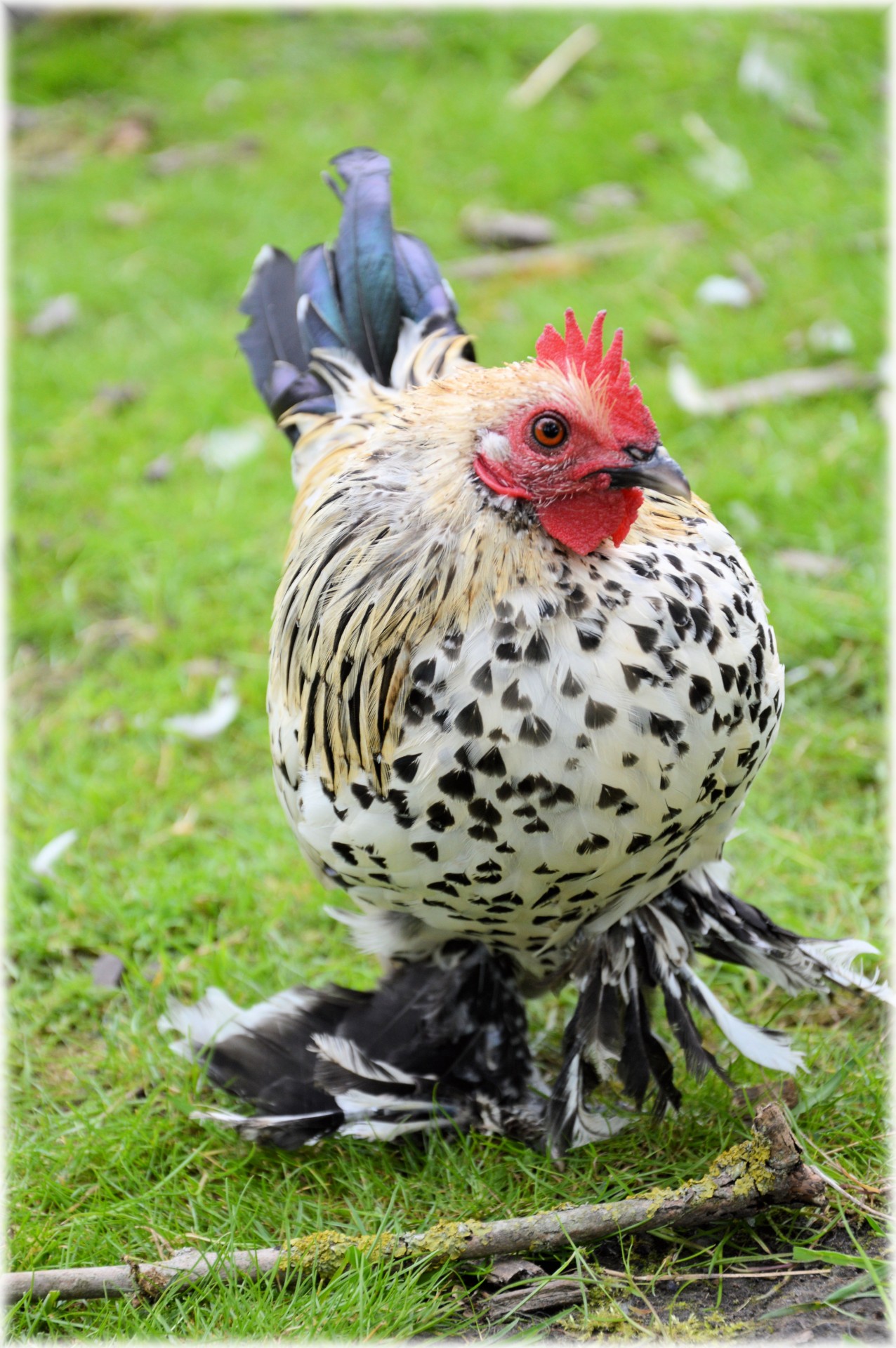
Chickens 01 Free Stock Photo Public Domain Pictures
Stick to four reliable checkpoints when making that assessment: date, color, smell, and feel. 1. Check the date. Take a look at the "best by" date on the package. If you're well past that date, the chicken likely isn't safe to consume and it's better to toss it than to risk getting sick. However, the "best by" date isn't the.

Free Images outdoor, bird, healthy, chicken, fowl, fauna, poultry
However, chickens do not smell any worse and this smell is not natutrally offensive. What can get pretty stinky are chicken coops that are not properly taken care of and cleaned. Feces, soiled bedding and rotting food are the main offenders that need to be carefully managed and regularly changed. One time you would only see live chickens.

Chicken Garden, Chicken Farm, Chicken Ideas, Chicken Coup, Chicken Runs
Are Chickens Smelly? Chickens themselves are not smelly. But the environment they live in can become very smelly very quickly. This is for two reasons. Firstly, chickens poo all the time, and their poo is a mixture of both faeces (the dark bits) and urine (the white bits). Secondly, they scratch the ground constatly, in search of food.